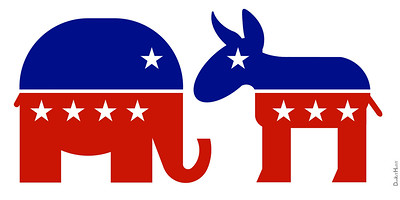Joe Biden’s edge on Donald Trump was largely unchanged among likely Wisconsin voters in the latest Marquette University Law School Poll.
Forty-six percent of likely voters backed Biden, while 41 percent favored Trump. Libertarian Jo Jorgensen was at 4 percent, while 8 percent said they were undecided or planned to vote for someone else.
Biden had a 4-point edge in the last poll at 47-43 with Jorge...
Please log in to access subscriber content.
If you don't have a subscription, please contact schmies@wispolitics.com for subscription options on the WisPolitics-State Affairs platform, which is the new home for WisPolitics subscriber products.


